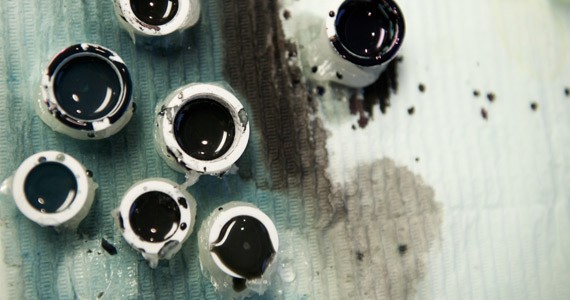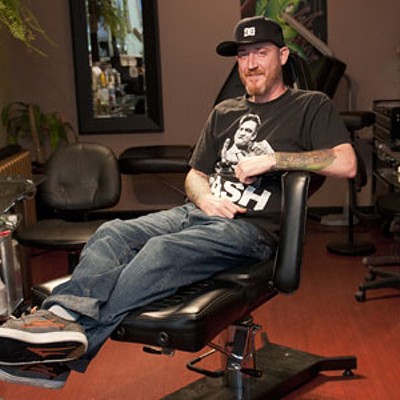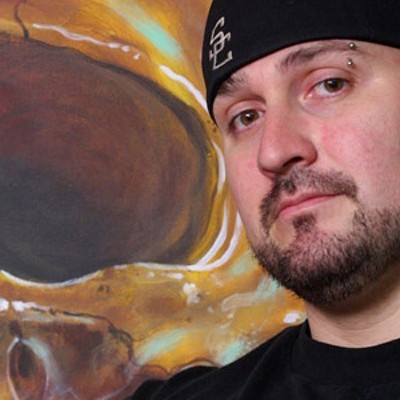You need a licence to cut hair in Nova Scotia, but don't need one to be a tattoo artist. Strange? Plenty of people think so, and The Coast has agreed in such articles as a 2006 look at government discussions of tattooist regulations.
Now it's the end of 2011. "We're just in the middle of considering all options right now," says Gary O'Toole, director of environmental health at the Department of Health and Wellness. "We've spent a significant amount of time looking at the industry."
Significant is right. The problem, says O'Toole, is the industry is very complex and thus the work to regulate is very complex. "There are many options available and so part of our work right now is [discovering] what those options are, how they might work in Nova Scotia and how they work elsewhere."
For the time being, the department's role is to respond to complaints. "Just because there is no regulation it doesn't necessarily mean that there's no guidance or scientific information that we can rely on to make a call about whether or not a risk exists," says O'Toole. Depending on the the risk, public health inspectors have the authority to close a facility, although that's never happened.
James Wood, co-owner of Dragon and Butterfly Tattoo and Piercing, says "most places know what they should do but they just don't do it. There's a lot of labour involved...being clean costs." Without properly enforced regulations, he says there's no way to know if things are actually being done properly.
Wood advises potential clients to look around carefully and notice things such as whether the tattooist properly washed his/her hands before putting on gloves and if the needles come pre-packaged and sterilized. He also says to ask specific questions, such as whether the shop uses an autoclave, if the instruments are wrapped and then sterilized, and for how long. "They're not going to have ready answers if they're not doing it," says Wood. "Most places are very professional but there's just enough places that aren't that professional and aren't that clean so you stand a chance of getting hepatitis or HIV." It's a very low chance, but as Wood says, "It's an awful chance to take." --Charlene Davis














